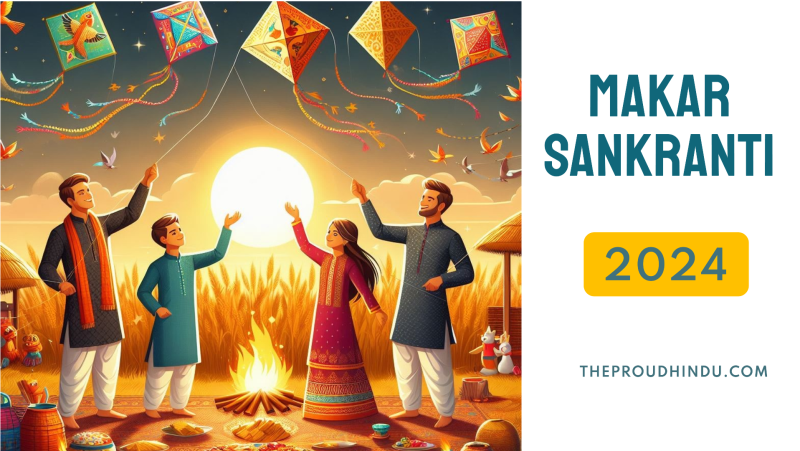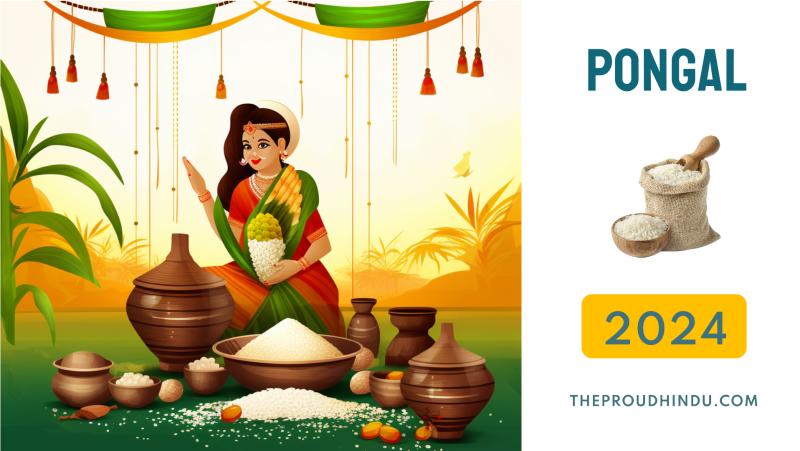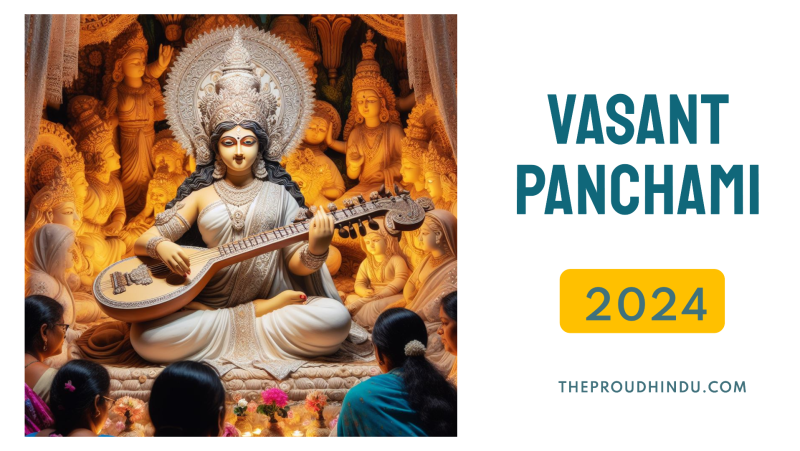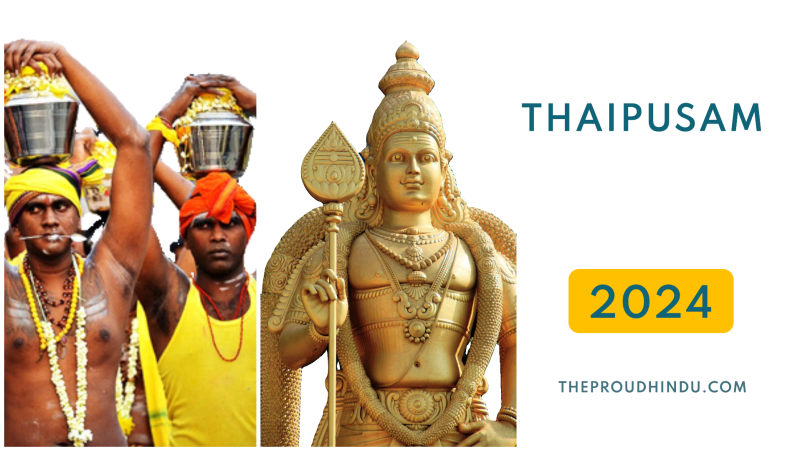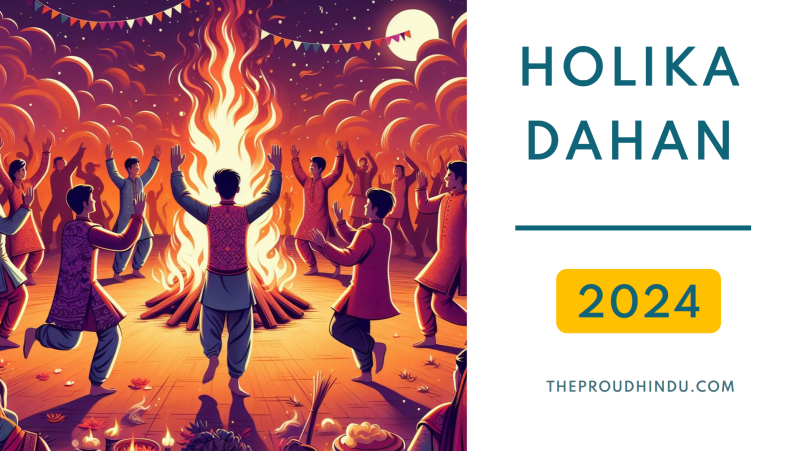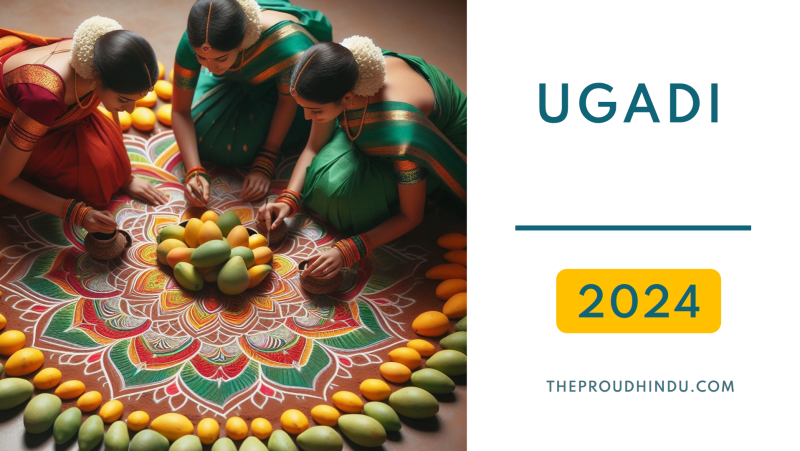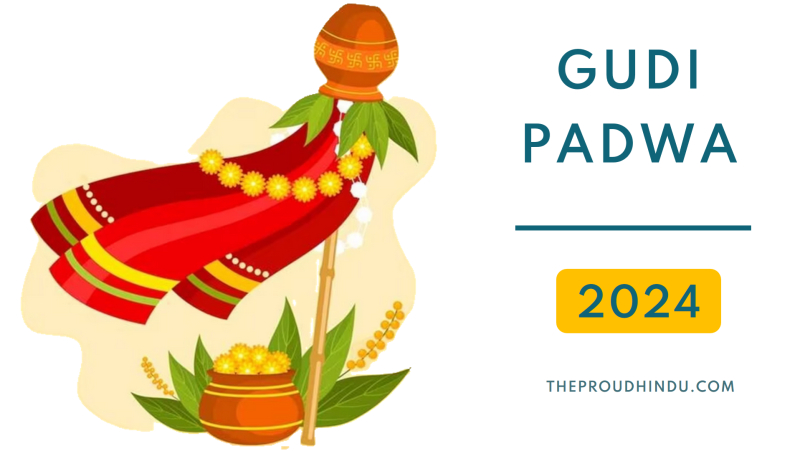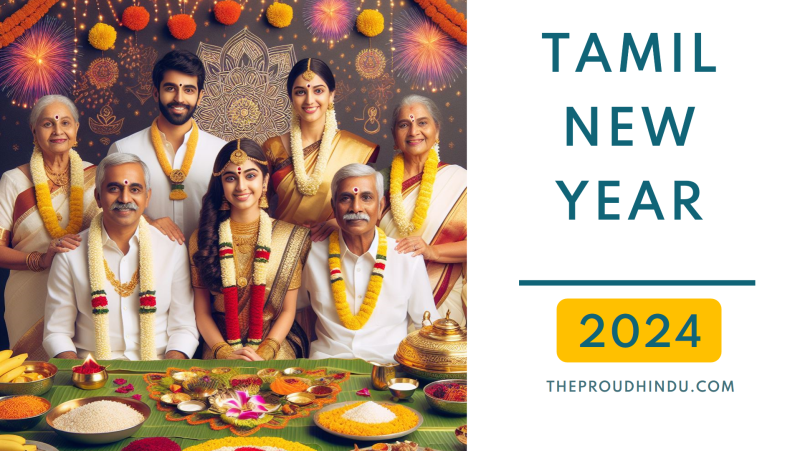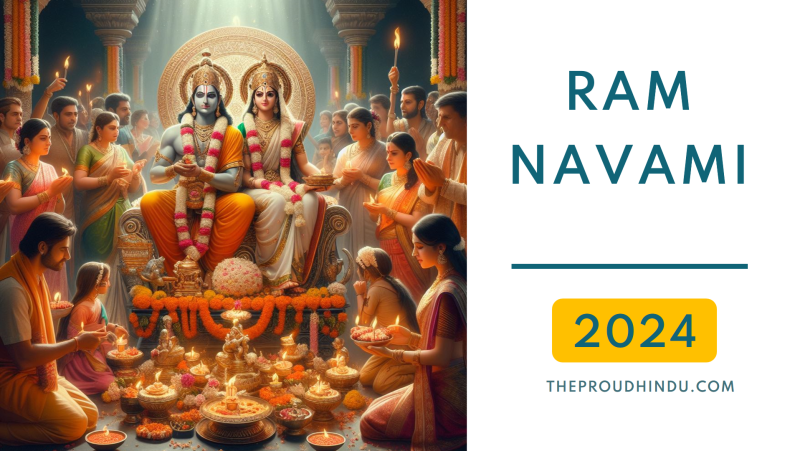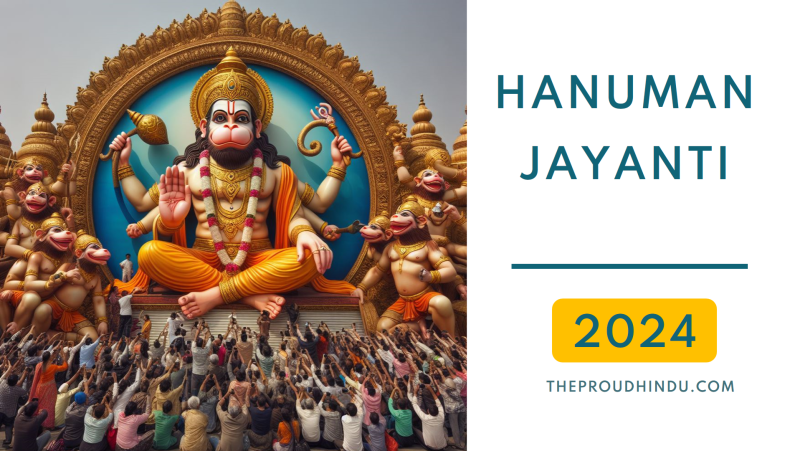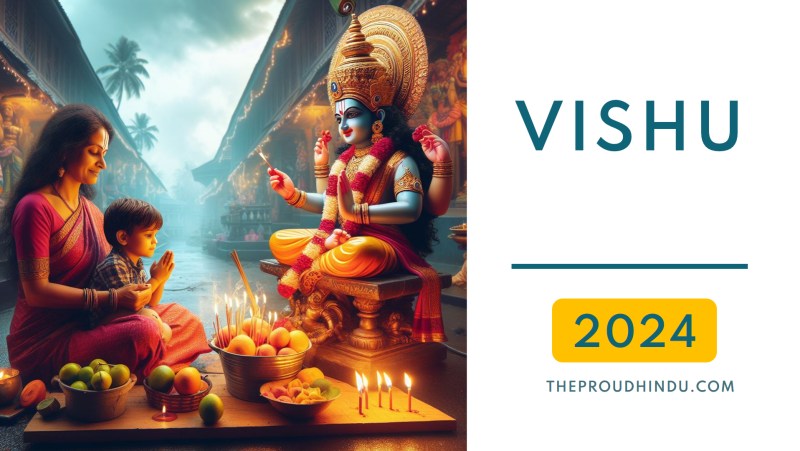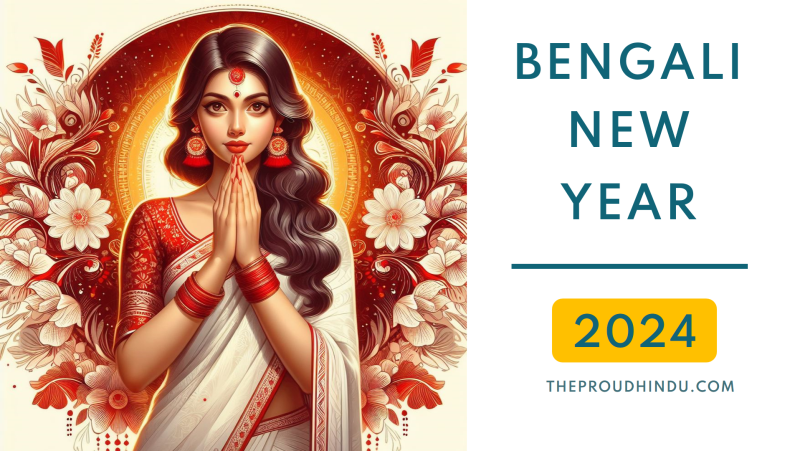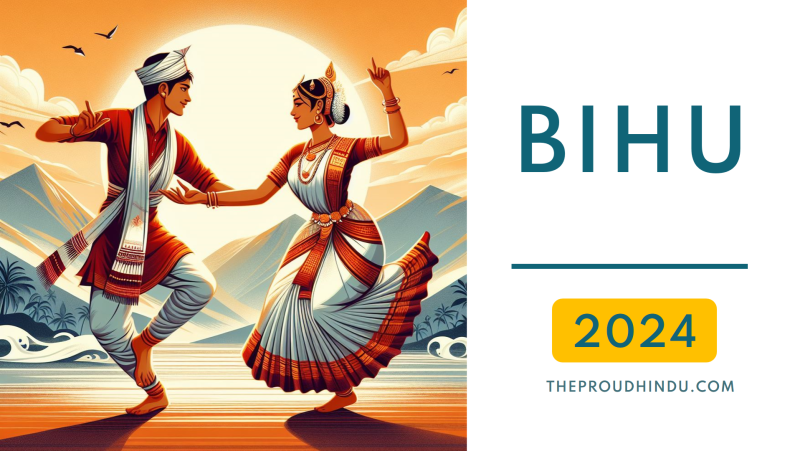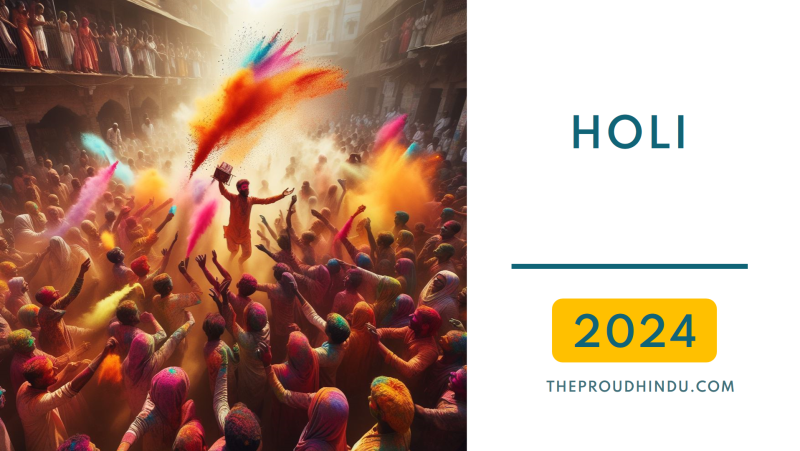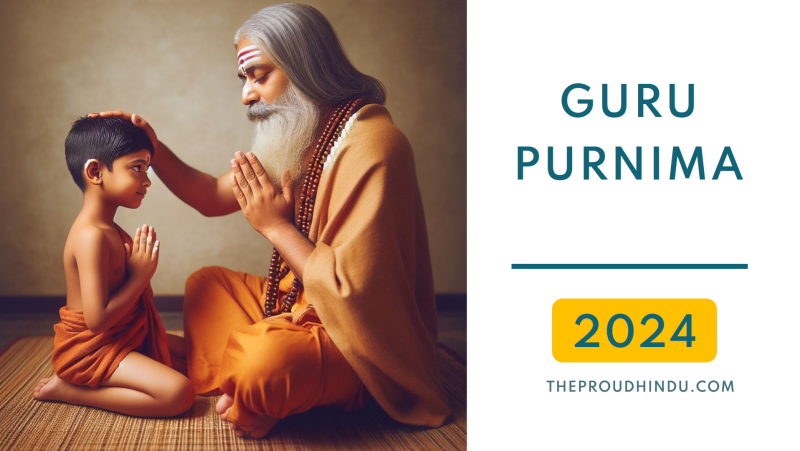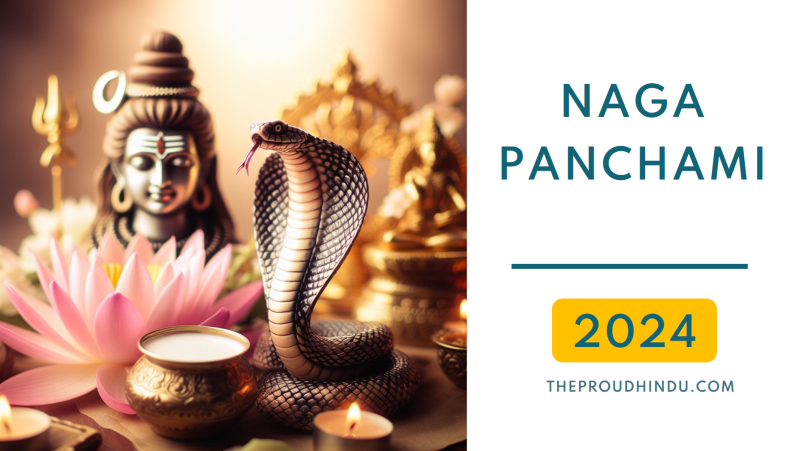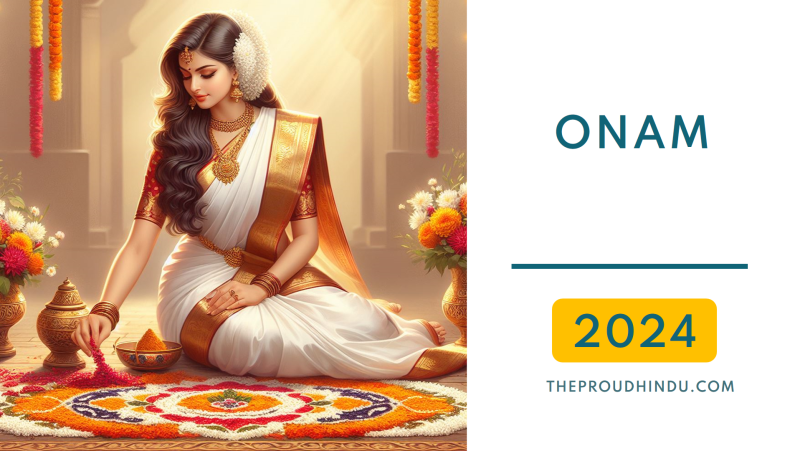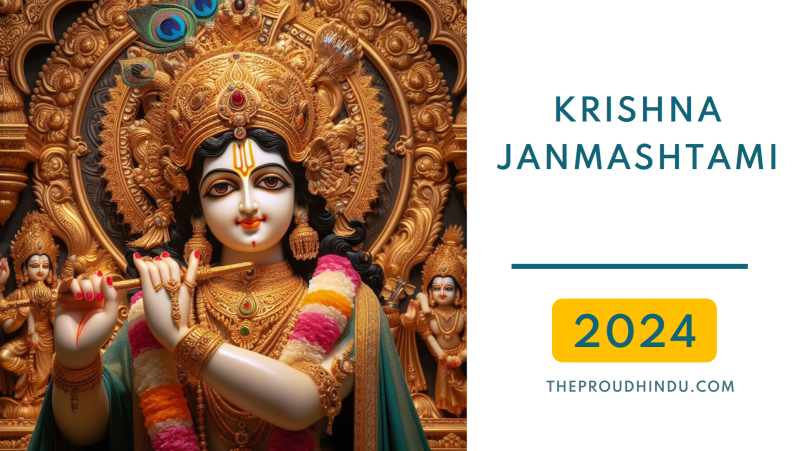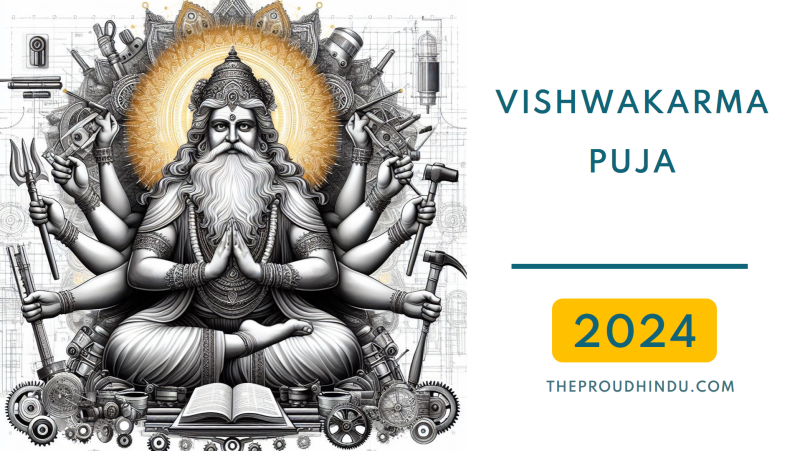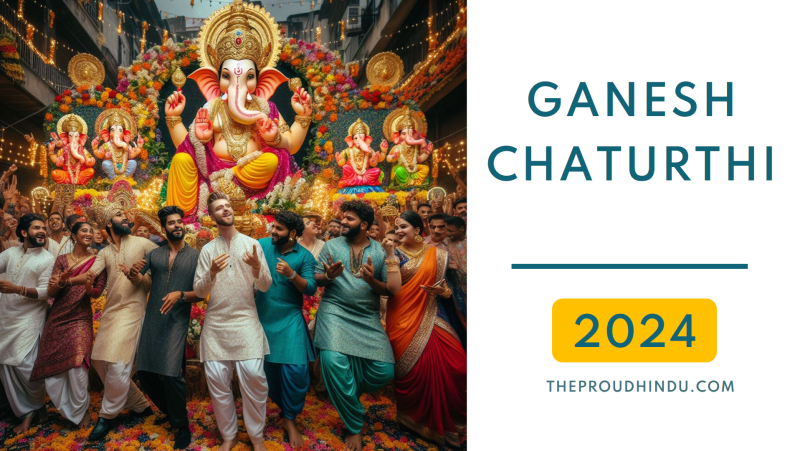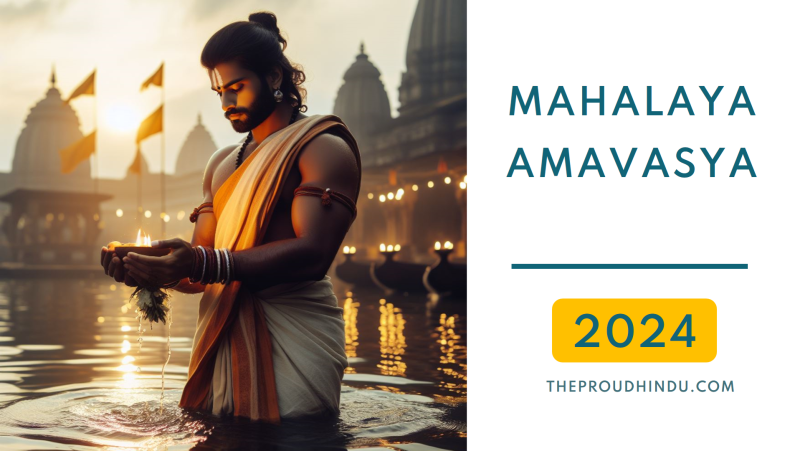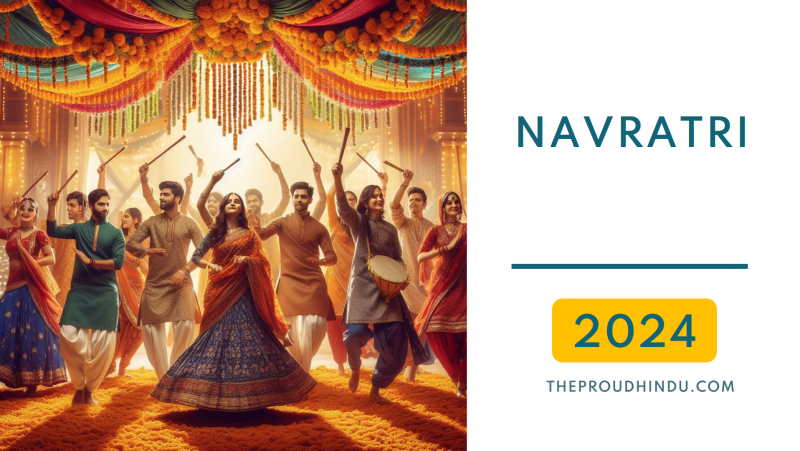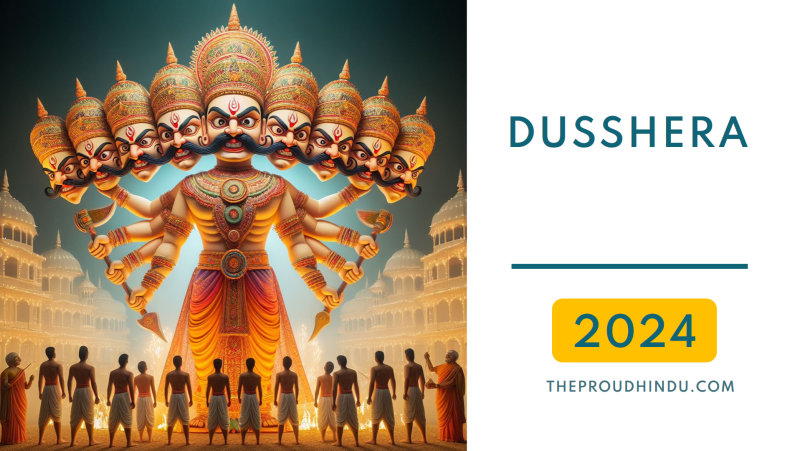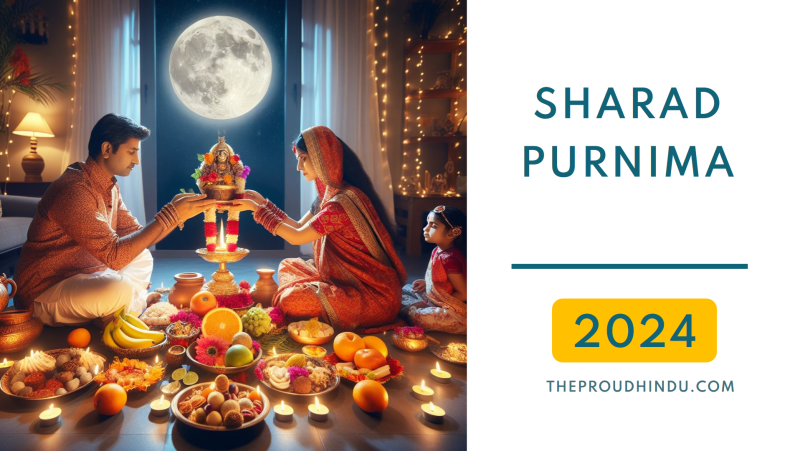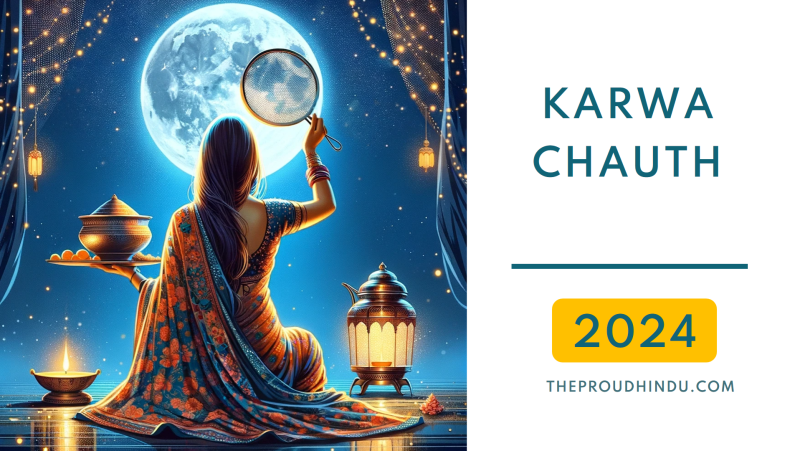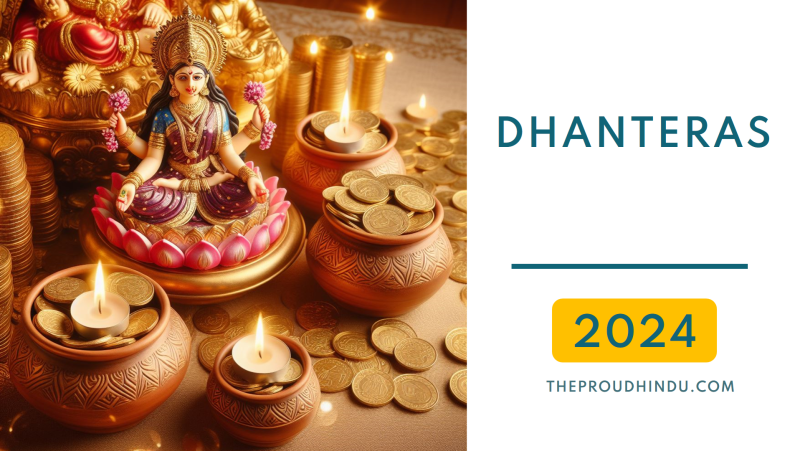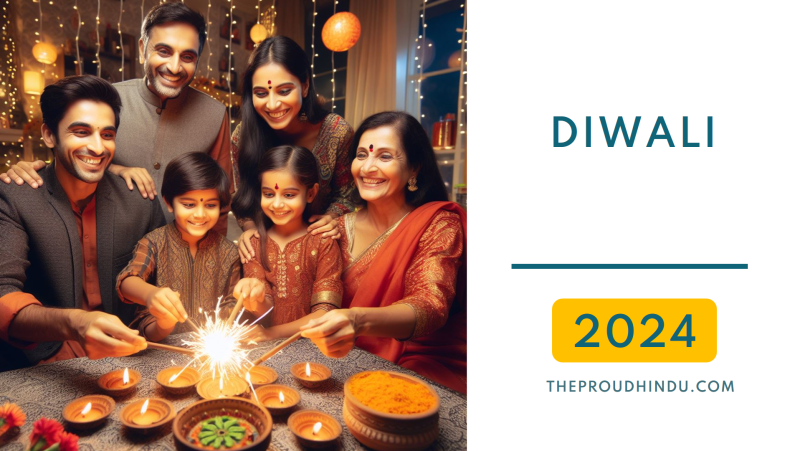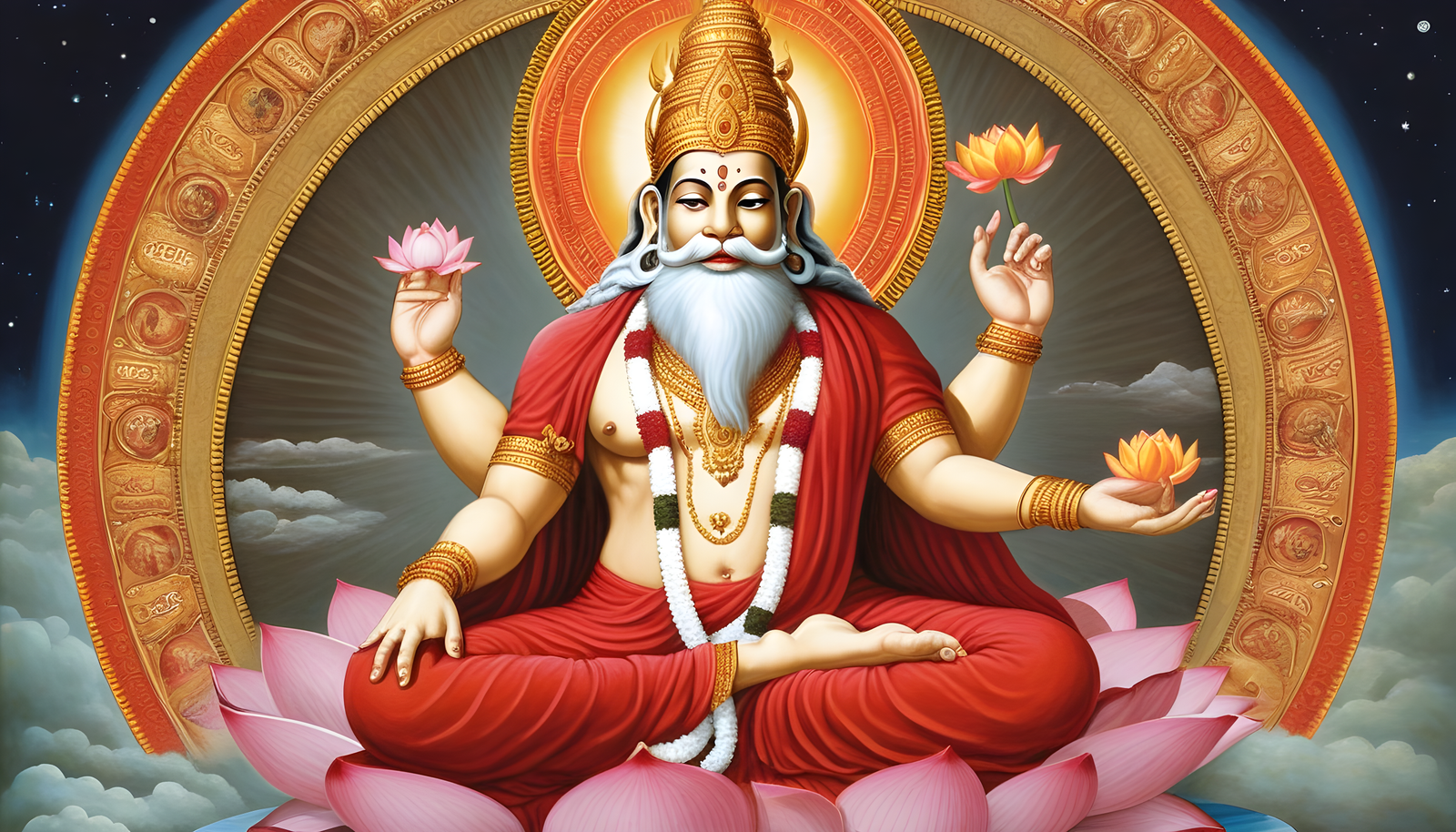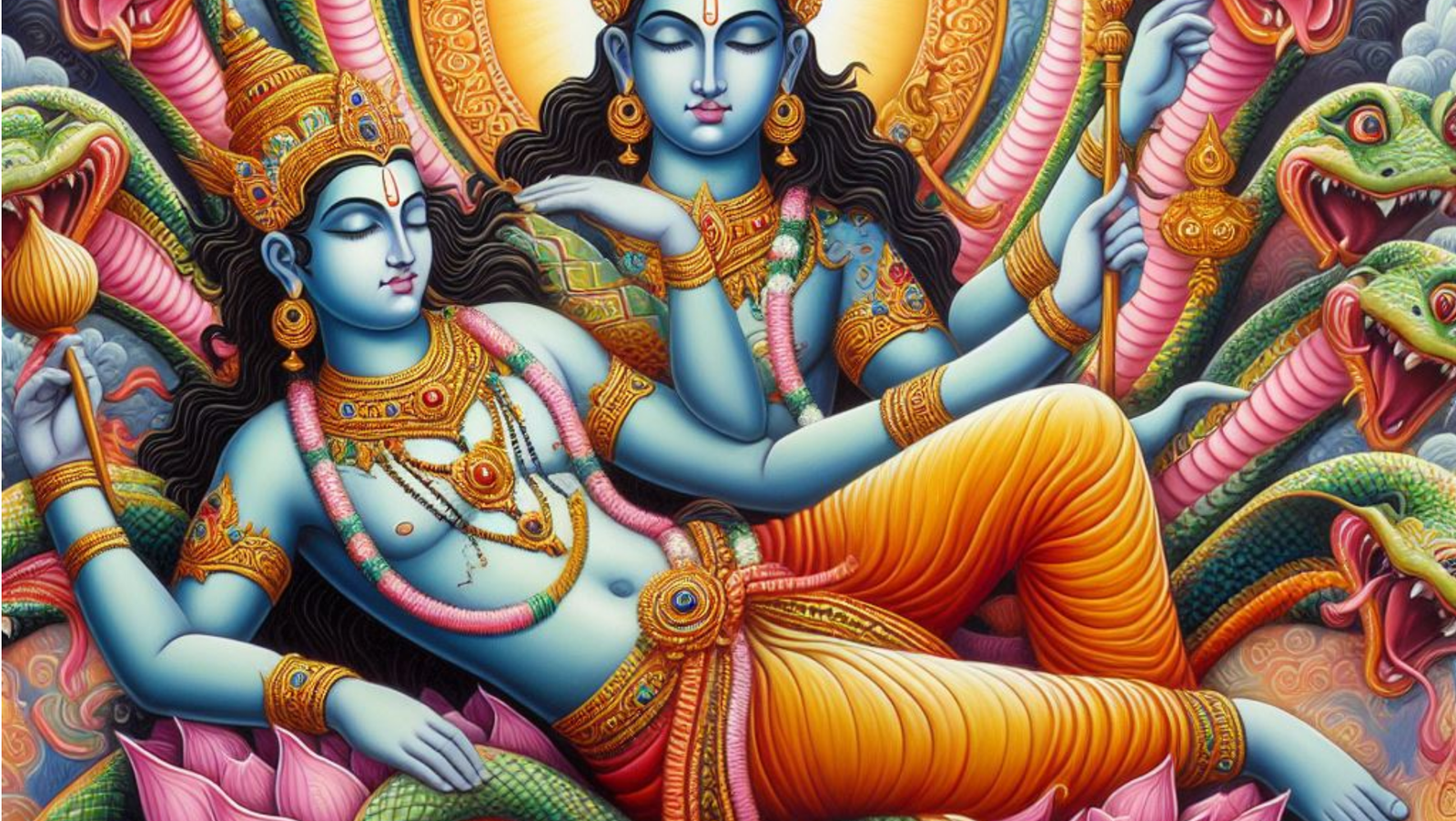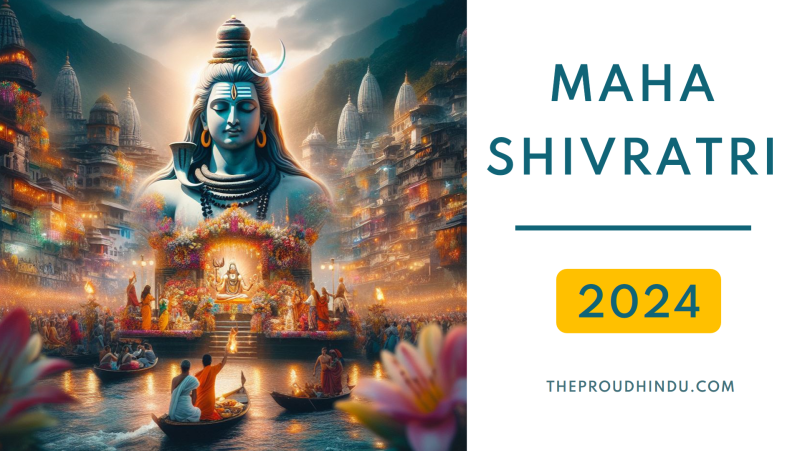
About Maha Shivratri Festival 2026 Celebration.
The next Mahashivratri in 2026 falls on Sunday, 15 February 2026.
Maha Shivratri (The Night of Shiva) is a Hindu festival celebrated annually in reverence of the Lord Shiva. It falls on the 14th day of the month of Phalguna or Maagha in the Hindu calendar, that falls between February-March.
Maha Shivratri 2026 Date
In 2026, Maha Shivratri date is Sunday, 15 February 2026.
Significance of Mahashivratri
Why is Maha Shivratri celebrated?The "Great Night of Shiva" holds several layers of religious, mythological, and cultural significance in Hinduism:
1. Honoring Lord Shiva: Maha Shivratri pays tribute to Lord Shiva, one of the main Hindu gods and considered the creator, preserver and destroyer of the universe.
2. Union of Divine and Marriage: This is the divine occasion of the marriage of Lord Shiva and Goddess Parvati, representing the union of cosmic masculine and feminine energies, peace and all forms of creation.
3. Spiritual Awakening: Disciples consider Maha Shivratri as a night of awakening, self-observation, and inner change. It is a path to spiritual advancement, asking for blessings of wisdom, understanding and illumination.
4. Night of Shiva’s Dance: As per legend, Lord Shiva dances Tandava, the cosmic dance of creation, preservation, and destruction,on This night. This dance is a representation of the life cycles, the universe movement, pulsation of cosmic energies, the beat of life.
5. Remission of Sins: By fasting, praying, and meditating on Maha Shivratri, one can seek forgiveness, cleanse his soul, and get rid of the sins of the past.
6. Abhishekam and Archana: Special archana is performed to Shiva lingams with jaggery water, milk, honey, curds and other auspicious offerings to the almighty praying and seeking Lord Shiva's blessings.
7. Fasting and Penance: Some of the followers fast all day on this day by making themselves unattached and restraint both to body and soul, do austerity, meditation, mantras, chants, and read holly book to get spiritual merits.
8. Cultural Importance: It's Maha Shivratri and the whole India (as well as the Hindu communities all around the world) seems to have erupted in the name of Shiva. It includes the recitation of Shiva scriptures, prayer and devotional singing to music, as well as the New Year celebrations with fireworks at Shiva temples.
The festival is a major festival for Maha Shivaratri, as a night of divine ecstasy, of spiritual upliftement, divine love and of dancing. It is a time for aspirants to move beyond material cravings, achieve inner stillness, and connect with the universal soul.
Mahashivratri Meaning
Maha Shivratri is called "The Great Night of Shiva" in Sanskrit. “Maha” means great or auspicious; and “Shivratri” means the night dedicated to Lord Shiva, primary deity of Hinduism. This festival is dedicated to Lord Shiva and is very auspicious for worshiping him for spiritual awakening, purification and divine blessing.
Story Behind Maha Shivratri
Maha Shivratri in other words, to the Hindu myths and legends surrounding Lord Shiva, and its underlying meaning about the cosmology of the Lord Shiva and the spiritual essence of the festival. One of the popular legends linked to Maha Shivratri is the wedding of Lord Shiva and Goddess Parvati. Here's a brief summary:
You are reading: Marriage of Shiva and Parvati:
Goddess Parvati (also known as Sati or Uma) was an ardent follower of Shiva and wanted to become his wife. But Shiva was absorbed in his ascetic world, retiring himself from worldly acts after Sati, his first companion, died.
After hearing about her past life and relationship with Lord Shiva, Parvati set herself the goal of winning Shiva's affection. She performed a severe penance and was absorbed into deep meditation to make Shiva fall in love with her.
Deeply touched by the devotion and dedication of Parvati, Lord Shiva finally consented to marry her. The divine marriage of Shiva was performed on the Maha Shivaratri day.
This marriage in heaven is meant to signify the confluence of cosmic powers, the divine, the poised binaries of masculine (Shiva) and feminine (Parvati). It represents the culmination of the individual soul (Atman) being united with universal consciousness (Brahman).
Maha Shivratri is the celebration of this sacred event by Which Hindus around the world offer prayers at the temple.
Maha Shivratri Puja
Maha Shivratri Puja, the Puja for Lord Shiva on the auspicious day of Maha Shivratri involves different holy rituals and practices. Below is a list of traditional customs followed during Maha Shivratri Puja:
1. Bathing By Early Morning Light: Devotees take a cleansing bath by early morning light in preparation for the day’s prayers and events.
2. Abhishekam: Devotees make a trip to Shiva temples and do Abhishekams to the Shiva Lingam. That is why he is offered various types of roles of purity, such as milk, water, honey, curd, ghee or the juice of several fruits or rose water are used to purify the Shiva lingam which stands symbol for purifying the Lord Shiva.
3. Offerings and Prayers: The devotion involves offering Bilva leaves (Bilva Patra), flowers, fruits, coconut, incense sticks and other items of worship to the idol or lingam of Lord Shiva, to show the veneration and love towards him.
4. Meditation and Chanting: Meditation and chanting of Shiva mantras like “Om Namah Shivaya” are very important aspects of the Maha Shivratri Puja. Followers meditate deeply and chant continuously dedicated hymns for Lord Shiva.
5. Fasting and Abstinence: On the day of Maha Shivratri, many devotees observe strict fasting which means they do not consume food and water for the whole day and instead, opt for different fasting foods including fruits, milk and potato dishes. Fasting is thought to purify the body and mind and bring worshippers closer to God.
6. Night Vigil (Jagran): Devotees keep vigil the night of the Maha Shivaratri, a night of the worship of Lord Shiva, at various Shiv temples performing the ceremonial bathing of the Shiva Linga. This turtle-night, called Jagran, is said to be quite auspicious and rich in spiritual essence.
7. Visiting Shiva Temples: The devotees will visit temples of Shiva such as the Jyotirlinga temples and any other temples, to perform the puja, rituals and to seek the protective and auspicious blessings for their spiritual progress, protection and well-being.
Maha Shivratri Puja is a prayer to Lord Shiva – the God of Destruction, considered as one of the supreme Gods of Hindu pantheon.
Maha Shivaratri Fasting Rules
The Maha Shivaratri fasting custom is followed as a token of penance to Lord Shiva for overcoming all the darkness and ignorance. Here are some of the popular rules of fasting around the festival of Maha Shivaratri:
1. Nirjala Vrat: A few followers observe a complete fast without having food or water from sunrise to the next sunrise on Maha Shivaratri.
2. Partial Fast (Phalahar): A partial fast is observed by people who follow a diet routine of eating fruits, milk, water and some fasting-friendly food but give up eating their regular meals.
3. Fasting Food: Followers are supposed to have grains, pulses, garlic, onions, non-vegetarian food, and alcohol strictly prohibited during the fasting years.
4. No Grains: Whole grains such as rice, wheat, barley, and lentils are usually not be consumed during the Maha Shivaratri fast.
5. Sunrise-to-Next-Morning Fast: The fast will start from the sunrise on the morning of Maha Shivaratri and ends only after the nightly maze and the pujas are preformed and also may extend up to the next morning.
6. Fear of Sleep: A few followers pass through the night praying and singing devotional songs without sleeping in lieu of which adhere a fear of sleeping.
7. Purity and Devotion: Fasting is done with a pure heart, devotion and by following religious practices to earn blessings of Lord Shiva, purification and to attain spiritual bliss.
Devotees who observe fast on Maha Shivaratri do it with the belief that it will lead them towards a spiritual awakening, spiritual upliftment and to reach closer to Lord Shiva himself.
Maha Shivaratri Observed In India
One of the biggest Hindu festivals devoted to Lord Shiva with great reverence and sincerity is called Maha Shivaratri that is commemorated with a lot of religious passion throughout India. In several parts of the country, the festival has a cultural and religious importance. Here is a look at how Maha Shivaratri is celebrated across India:
1. Varanasi, Uttar Pradesh: The city of Lord Shiva -- Varanasi sees huge celebrations during Maha Shivaratri. The devotees are seen at the Kashi Vishwanath Temple and other Shiva temples in the city, praying, performing rituals and joining processions.
2. Pashupatinath Temple, Nepal: Pashupatinath Temple in Kathmandu is the one of the holiest temple of Lord Shiva, where the Maha Shivaratri is observed very ardently in Nepal. The temple is visited with thousands of worshippers from not only Nepal but also from the neighbouring country India to visit this temple to worship Lord Shiva.
3. Madhya Pradesh: Maha Shivaratri in Khajuraho, Madhya Pradesh receives a lot of enthusiasm. Pilgrims come to the millennium-old temples in town to present offerings to gods, or to make sacrifices in the traditional believe that they will gain favor in their next lives.
4. Tamil Nadu: Tamil Nadu sees devotees visiting Shiva temples such as Kapaleeshwarar Temple in Chennai, and Annamalaiyar Temple in Tiruvannamalai . Special pujas, Abhishekams and cultural programmes fill the air as the celebration unfolds.
5. Karnataka: It is celebrated at Murudeshwara and Gokarna the famous Shiva temples with belief and devotion in Karnataka. Followers fast, visit temples and sing all-night hymns during the period.
6. Himachal Pradesh: At Manimahesh Temple in Chamba district, significant celebrations occur. During Maha Shivaratri, pilgrims take a daunting 14 kilometers through high snow to the unbelievably beautiful Manimahesh Lake.
7. Andhra Pradesh and Telangana: Festivities in these states include a visit to famous Shiva temples like Bhramaramba Mallikarjuna Temple in Srisailam and the Thousand Pillar Temple in Warangal, where devotees engage in prayers and participate in rituals.
In many parts of India, the festival is celebrated with the night vigil, prayers, capturing pujas and Abhishekam of Shiva lingam, Maha Shiva Ratri is the day when Shiva is believed to have saved the universe by drinking the poison from the churning of the sea. A time in which people get the opportunity to worship the divine Lord Shiva, receive blessings and spiritual upliftment and experience devotion towards Lord Shiva.
Maha Shivratri Date
| Year | Date | Day |
|---|---|---|
| Maha Shivratri 2023 Date | 18 February 2023 | Saturday |
| Maha Shivratri 2024 Date | 08 March 2024 | Friday |
| Maha Shivratri 2025 Date | 26 February 2025 | Wednesday |
| Maha Shivratri 2026 Date | 15 February 2026 | Sunday |
| Maha Shivratri 2027 Date | 06 March 2027 | Saturday |
You may also like …
Are You The Proud Hindu?
The Trimurti
Create an account to join us and start taking part in conversations.
SIGNIN
